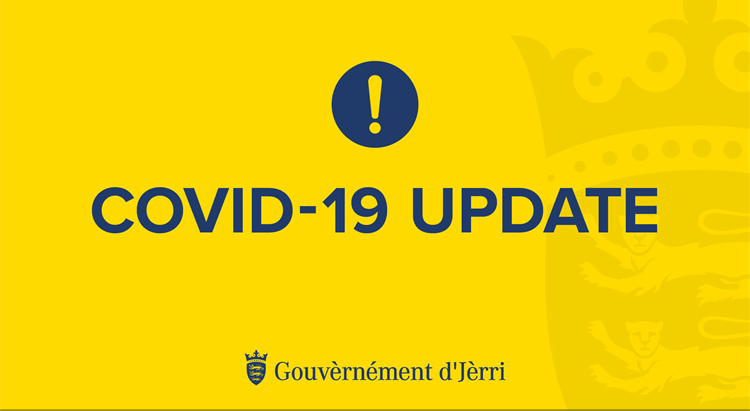07 January 2021

Ministers have agreed to introduce a staged process for relaxing the existing COVID measures and for reconnecting the Island’s economy and society. The first stage will see the return of school pupils on Monday 11 January, with all necessary precautions and contact tracing in place.
The Scientific and Technical Advisory Cell (STAC) will then meet on Monday 18 January to consider the current medical position, the analysis of the Christmas period and the early impact of reopening schools. They will then advise whether it would be appropriate to move to the second stage of reconnection, which would mean relaxing the measures for lower risk activities, including non-essential retail, indoor recreation and close contact services.
STAC will present their recommendations to Competent Authorities Ministers on Wednesday 20 January. If Ministers are content, then any relaxation could be announced on Thursday 21 January, to take effect on Monday 25 January. Ministers will continue to meet and review the latest data to determine the next stage of any relaxation of COVID measures.
The existing COVID measures will remain in place for at least the next 2 weeks.
The Chief Minister, Senator John Le Fondré, said: “We must continue to suppress community transmission and allow the vaccination programme to progress enough to protect the most vulnerable. When making these difficult decisions we are always trying to balance public health with enabling normal life to continue as far as possible. We are very aware of the impact of restrictions on personal health, job security and our economy.
“We understand that maintaining these restrictions for another two weeks will have an impact on many businesses, especially those in the hospitality sector. We will continue to review the support available to these sectors of the economy.
“But we cannot ignore that there have been deaths as a result of COVID, and I extend my sincere sympathies – and those of all my Ministerial colleagues – to those families who have lost loved ones during this period. Every loss to this virus is a tragedy and a reminder of the real risk this disease poses.”
The Minister for health and Social Services, Deputy Richard Renouf, said: “This is not the end of our fight against COVID-19. We are moving in the right direction, but we still have some distance to go.
“Our vaccination programme will reach full operational capacity from 18 January, with the ability to vaccinate 7500 Islanders per week, limited only by the amount of vaccine received from the United Kingdom. Health staff are reviewing how they can respond quickly if more vaccine is received, to ensure that the rollout is completed as quickly as possible.
“Under our agreed vaccination process, 49,000 Islanders will have received their first dose by 29 March, including all High-Risk Islanders. By 12 July, all eligible Islanders will have received their first dose of the vaccine, and 49,000 will have received their second dose. The second dose will be completed by 6 September. This is a phenomenal effort and one that will provide robust protection across our entire community.
“But for now, it is critical that Islanders continue to respect the restrictions in place and do not mix households. By acting on case data, and by moving in stages, we can assure Islanders of the safest return to normality.”
In order to start relaxing the restrictions STAC would need to see:
- sustained decline in seven-day case notification rate
- sustained decline in hospital admissions
- low positivity rates in older population
- evidence of fewer unlinked clusters of cases
- low risk from arrivals
- understanding of impact of Christmas and New Year household mixing
- more information on transmissibility of the new COVID variant
Government guidance remains that people should not meet in each other’s homes or gardens but should meet outdoors, where two-metre distancing is easier.